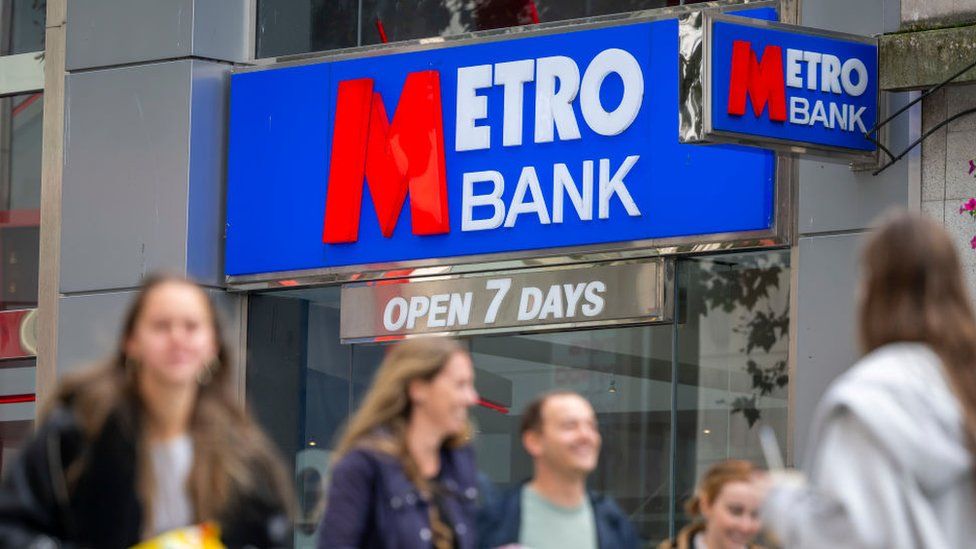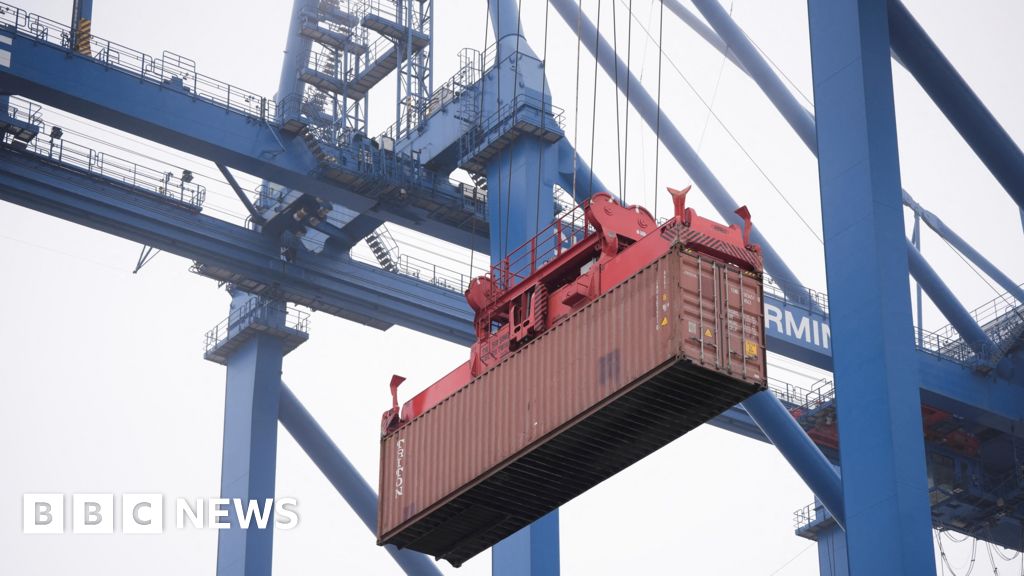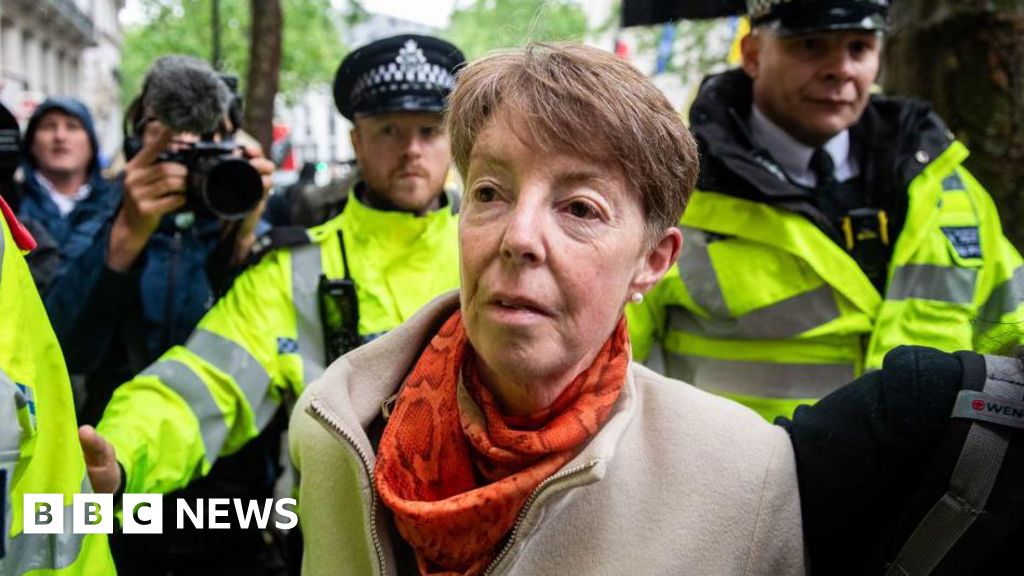ARTICLE AD BOX
 Image source, Getty Images
Image source, Getty Images
Metro Bank shareholders are to vote later on whether to back a rescue deal aimed at securing the bank's future.
A deal to raise extra funds from investors and refinance debt was struck last month after speculation about Metro's financial position.
The bank has said it was "likely" the plans would be approved.
If the deal is rejected, Metro has warned it might be deemed "unviable" by the Bank of England and put into a process for managing failed banks.
The deal includes £325m in new funding and the refinancing of £600m of debt.
It will see Colombian billionaire Jaime Gilinski Bacal become Metro's controlling shareholder with a 53% stake. His firm, Spaldy Investments, is putting £102m into the bank.
After the refinancing deal was agreed last month, Metro's chief executive, Daniel Frumkin, said it marked "a new chapter" for the bank.
The shareholder vote is the final hurdle after bondholders - who are set to lose 40% of their investments - backed the plan in October.
A spokesperson for Metro Bank said: "We are confident that that the proposed transaction represents the best outcome for shareholders and therefore it is likely that shareholders will vote in favour."
When it launched in 2010 Metro was the first new bank to open in the UK for more than a century.
It positioned itself as a so-called "challenger" bank to the big High Street names, and pledged to keep its branches open seven days a week.
The bank now has 2.7 million customers and holds about £15bn worth of deposits in 76 branches.
The lender has faced a number of challenges in recent years after an accounting scandal in 2019, which led to the departure of some top executives, including the bank's founder.
Metro's share price has slid from above £40 a share in 2018, to just 39p a share on Friday.
The bank's shares had slumped in early October after reports suggested it needed to raise money to shore up its finances. This led to several days of intense speculation about the bank's future, before the new financial package was agreed.
Metro Bank insisted all along that its finances were strong and it met all regulatory requirements.

 11 months ago
23
11 months ago
23








 English (US)
English (US)